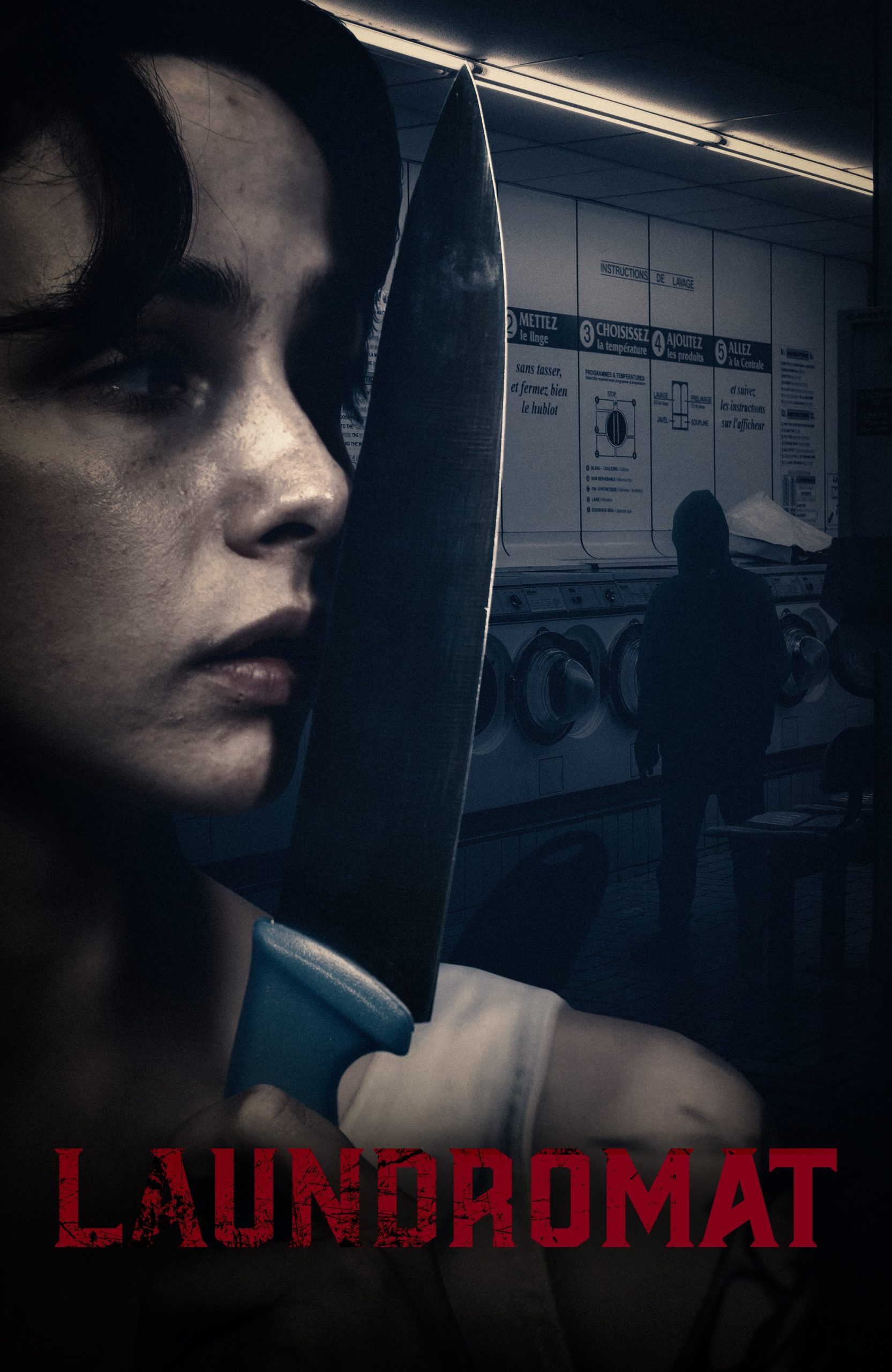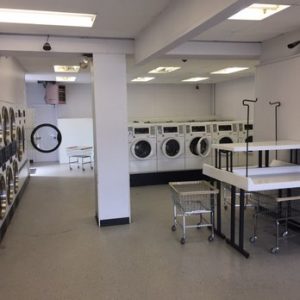
On the morning of December 15, 2010, I was hoping my arrival on the campus of Massachusetts College of Liberal Arts would be uneventful. I was awaiting a ride from Paul, a faculty colleague. He was in the Philosophy Department; I was in the Education Department. It was my fifth year as a professor there, and the very first time I ever arranged for anyone but my wife to drive me to campus. In the fall and spring, I commuted the 12-mile round trip by bicycle. From mid-December through late March, I surrendered to the cold and either used our second car or took the bus.
Berkshire County can feel like a very sleepy backwater when we have to wait for hours while a bomb squad with a robotic device drives to our rescue along the Mass Pike, all the way from Boston.
I no longer recall why I sought a ride that morning. i do remember being nervous that he would be on time, and that I would arrive to my office before a scheduled meeting with a student advisee. Adding to my desire for an uneventful trip was the knowledge of what had transpired the previous evening. The state police had shut down Route 2—the main artery between my home in Williamstown and the campus in North Adams–for about five hours due to a bomb scare. Berkshire County, Massachusetts can feel like a very sleepy, rural backwater when we have to wait for hours while a bomb squad with a robotic device drives to our rescue along the Mass Pike, all the way from Boston.
People were shook up. Apparently the specially trained crew had found no bomb that had to be detonated. But the full back story remained entirely unknown.
I crafted this narrative as a response to a writing prompt called, “Laundry,” and some readers could be wondering at this point, “Where are the suds?” I assure these readers: Be patient. There may never be suds. But there will be washing and drying.
As I awaited Paul’s arrival, I was relieved to think we couldn’t possibly have another incident like what happened yesterday for a while. The ride to campus was normally just a 10-minute drive (or a 25 minute bike ride). Paul would be here any minute. I pictured my diligent and well-organized student, Tracy, arriving to find me ready at the table I used for such encounters. I would be sitting calmly, a cup of tea at my left, and her file on my right, and welcome her with a tranquil smile. And then Paul called.
He would be just a few minutes late. There was no problem, but he wanted to apologize in advance. It turned out he was, unexpectedly, going to have his wife Rita in the car as well, and that he would have to make a stop along the way. Before he drove us to campus, he would drop her at the North Adams Police station.

This image in no way enhances the story. It just gives the author a chance to showcase MCLA students as the hip, creative people they are.
I knew Rita. She was German; she and Paul had met when he had lived and studied in Germany. Like many academic spouses, she had to endure some years of working as an adjunct—and was known to be quite a dedicated and hardworking adjunct professor. Once given the opportunity to join the tenure track, she would rise quickly and become quite a powerhouse in the Interdisciplinary Studies Department. I thanked Paul for alerting me that he was on the way, and added my hope that everything was all right with Rita. “She can fill you in on it,” he replied without expression.
Once in the car, I acknowledged both Rita and Paul, and expressed my appreciation for the lift. Paul asked right away if I would need a ride home as well and I thanked him for the offer but said I was all set for that. From the back seat, I said to Rita, “I hope your involvement at the Police Department is nothing worrisome.”
Well, it was just a bit worrisome, actually.
A further word to those who visited this page eager to read about laundry experiences. The folds of this narrative, so far, are not in any obvious way leading toward the designated topic. The agitation embedded in this account is at best a distant cousin to the agitation found a dozen times over in any respectable neighborhood laundromat. Where is the explosive power? Where are the colors? Whither the whites? Let such readers be reassured that the clothes will make their entry?
Rita told me in her slightly accented English that the police wanted to interrogate her in more depth about a crime she had reported yesterday.
It seems that yesterday afternoon, she had been doing a couple of loads of laundry—hers and Paul’s and their young son’s clothing–at a venue right on Route 2 in North Adams called the Thrifty Bundle Laundromat. She left her finished laundry in a cloth duffel bag inside the Thrifty Bundle, while she went to unlock her car. She pulled out her car keys, unlocked the car, and was planning to leave the door open. But a middle-aged white man suddenly appeared on her left beside the open car door. He had either a real revolver or a pretend gun pointing at her from his pocket as he instructed her not to make any noise or any quick movements and to back away some distance from the car. He grabbed the keys from her hand. As she moved away gingerly, a woman came from the laundromat and hopped into the passenger side. The two of them sped away in Rita’s car.
“Wow, now I understand why you’re going to the Police.’
Paul cut in, his accent British-inflected from a childhood in Nigeria, “Dale, she hasn’t even reached the main point yet.” “Oh?” I asked. “Your car stolen. Your life threatened. What else is there?”
Rita resumed the tale. “They wanted to talk to me about the bomb scare under Route 2.”
I was too puzzled to even ask a further question. I just waited for some kind of explanation.
“I was in such a state of shock. Someone from the laundromat offered to drive me to the police station so I could report the incident, and I accepted. Later, the police drove me home. It was only hours later that I realized that I had never retrieved my duffel bag full of laundry. I asked Paul to drive me over there.
“To my astonishment, the duffel was not there, In my mind’s eye, I tried to picture if the accomplice—the woman who got in the passenger side—had the duffel in her hands. In my imagination, I believed maybe she did have it. But then I would draw up another scenario where she had nothing in her arms.
“I called the North Adams Police late yesterday evening to add this to the story of the car theft—that my laundry had also been stolen. I said, however, that someone else may have taken it in the hours in between my two trips to the laundromat. I couldn’t say if the people who stole the car also took the bag of laundry.
“I still don’t know everything. But from what they hinted in requesting that I answer a few more questions today, it seems the ‘suspicious bag’ that triggered the shutdown of the highway and the arrival of the bomb team from Boston…”
“…was your bag of laundry? Oh my God!”
“Yes,” Paul and Rita both chimed in, “our bag of laundry,”
“Why do you suppose they even took the laundry?” I asked.
Rita said, “well from what I could guess, based only on a bit of visual evidence, is that these people were down-and-out. Maybe they thought I would have some nice expensive dresses that they could sell. They must have tossed them out the window once they looked in the bag and realized what cheap clothes we wear! Too bad they threw the bag right next to the stanchions that hold up the bridge.”
The three of us then had a good laugh about the financial conditions of employment in state universities in Massachusetts and the likelihood of a thief finding valuable finery in any of our laundry. (Our Commonwealth has ranked in recent decades in the bottom 10% of all states when it comes to investing in public higher education. Faculty are paid considerably better in the public universities of Missouri or New Mexico or almost any random state you want to name.)
Sure enough, the word came out in the newspaper soon after that the suspected explosive device lying so close to the concrete pillars holding up the four-lane Veterans Memorial Bridge was “full of dirty clothes.” Which was an unfair knock on the Thrifty Bundle–since Rita had put those clothes through the washer and the dryer there.
My student Tracy was sitting in the hallway when I arrived to unlock my office–but not because I was late; only because she was early, Wow, did I have a story to share with her before we talked about her courses for the spring semester.
You see? This really was a laundry story.
P.S. To substantiate some elements of the story, visit this hyperlink: https://www.iberkshires.com/blog/2416/northadamsregionalreopensafterbombscare.html?bid=750
Dale Borman Fink retired in 2020 from Massachusetts College of Liberal Arts in North Adams, MA, where he taught courses related to research methods, early childhood education, special education, and children’s literature. Prior to that he was involved in childcare, after-school care, and support for the families of children with disabilities. Among his books are Making a Place for Kids with Disabilities (2000) Control the Climate, Not the Children: Discipline in School Age Care (1995), and a children’s book, Mr. Silver and Mrs. Gold (1980). In 2018, he edited a volume of his father's recollections, called SHOPKEEPER'S SON.







Thanks for alerting us to this story—it’s wonderful. The featured picture is perfect, and you build the suspense well. You must have gotten many good laughs about this event—it got one from me. Now inquiring minds want to know if your friend ever got her car back?
I don’t remember ever hearing the followup about their car! Or perhaps it had already been abandoned and recovered. Sorry about my aging memory.
Wow Dale, this prompt has certainly elicited some strange stories!
Your story reminds me of something that happened to my friend Betty. Once she had to bring a sample of her son’s urine to a lab. She collected it in a small bottle, put it in a small shopping bag, and hopped on the bus.
The bag happened to be from Tiffany’s, and as the bus approached a stop a pickpocket grabbed the bag off Betty’s arm and jumped off the bus.
That’s one crook who was in for a surprise!
Good one, Dana!
Quite the tall tale, Dale. I really enjoyed reading your story.
A “tall tale” generally implies fiction, or at least wildly exaggerated truth, doesn’t it? This one was straight, aside from the featured photo.
You’ve set up your tale expertly, Dale. Not “tall tale”, rather may I call it a “shaggy dog” story? Or isn’t that the proper term either? It does, indeed, have to do with laundry (but NOT dirty laundry, thank you very much – did you get the indignance in my voice?). Amazing how your friends’ story tracks back to the suspected bomb threat that closed the highway for so long the day before. Great one!
Carjacking people who are using a laundromat doesn’t seem to be a fast road to riches, either. I guess most crooks are not giant-IQed supervillains after all!
“The agitation embedded in this account…” I loved it — every bit. Well done!